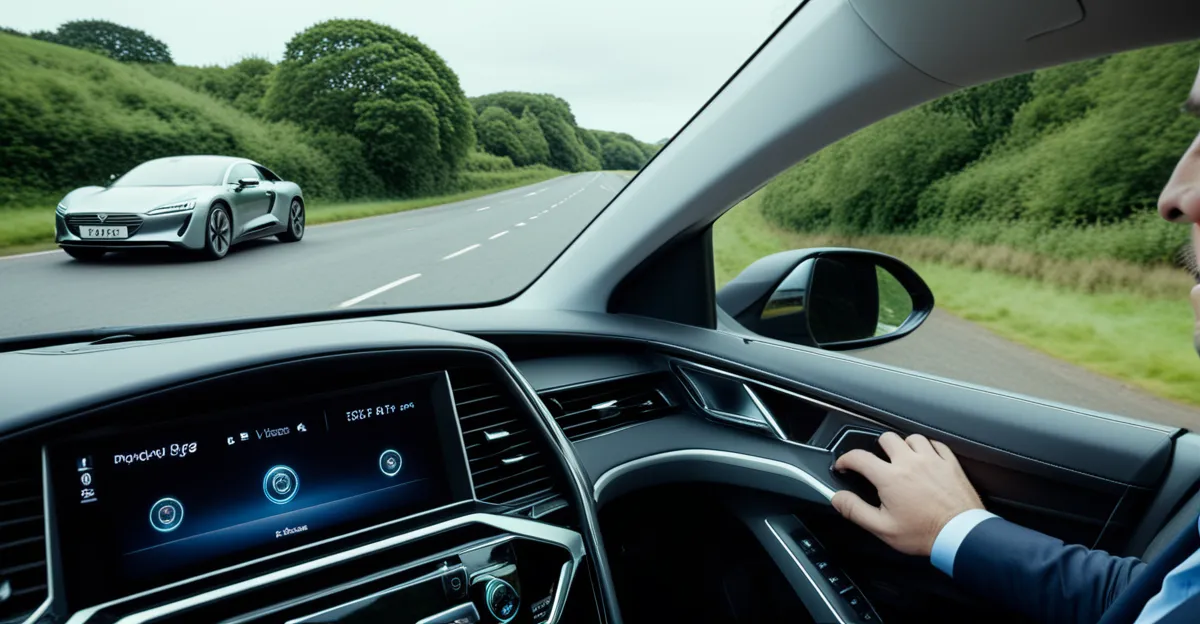UK Automakers’ Strategies for Embracing Autonomous Vehicle Technology
UK automakers are rapidly advancing their autonomous vehicle strategies by reshaping R&D and business models to meet the demands of automotive technology UK. Leading manufacturers are investing heavily in AI, sensor integration, and machine learning to enhance vehicle autonomy. These efforts are not isolated; collaborative partnerships with technology firms and academic institutions form a crucial pillar of their approach.
For example, joint ventures enable access to cutting-edge software, essential for real-time processing and decision-making in driverless cars. Moreover, companies are adapting investment priorities, channeling funds into scalable autonomy platforms that can be upgraded as technology evolves, instead of one-off hardware purchases. This shift reflects a broader understanding that autonomous vehicles require continuous improvement.
Topic to read : How is the UK automotive sector preparing for autonomous vehicles?
To navigate the complexity of autonomy, UK automakers leverage expertise from universities and tech hubs, accelerating innovation cycles and talent development. These collaborations foster experimentation in controlled environments before public deployment. Overall, the current strategies of UK automakers balance pioneering technological advances with pragmatic resource allocation and external partnerships to maintain competitiveness in the global autonomous vehicle market.
Regulatory Environment and Government Support in the UK
The UK government policy actively supports the advancement of autonomous vehicles through a clear autonomous vehicle regulation framework. This framework promotes innovation while ensuring safety, addressing the complexities posed by self-driving technology. Key initiatives include the Automated and Electric Vehicles Act, which provides legal clarity regarding insurance and liabilities for self-driving cars. Governments have also established dedicated bodies to oversee regulatory adjustments as technology evolves.
Also to read : How Will Electric Vehicles Change the Landscape of the UK Automotive Industry?
A significant challenge in the regulatory landscape is balancing innovation speed with public safety assurances. Policymakers work to streamline approvals without compromising rigorous safety standards. This careful equilibrium fosters confidence among manufacturers and consumers.
Public trials and pilot programs play an essential role in the self-driving legislation process. The UK authorizes controlled testing zones, enabling real-world data collection and regulatory feedback. These pilot projects support both technology refinement and regulatory adaptation, allowing authorities to monitor performance and update guidelines accordingly.
Overall, continuous collaboration between regulators, automakers, and tech developers is crucial. Such synergy ensures that the UK government policy remains aligned with the fast pace of automotive technology UK, creating an ecosystem conducive to safe and scalable autonomous vehicle deployment.
Major Players and Industry Leaders in UK Autonomous Vehicles
UK automakers are at the forefront of advancing autonomous vehicle technology, with several industry leaders driving significant progress. Established companies like Jaguar Land Rover and Ford UK have intensified their focus on autonomous vehicle strategies, investing in in-house R&D and forming partnerships with autonomous technology firms to accelerate innovation. These collaborations allow access to specialized AI, sensor delivery, and machine learning capabilities that legacy manufacturers may lack internally.
Startups and tech firms also play a pivotal role, often pioneering breakthroughs in software platforms essential for self-driving systems. Their agility complements the scale and manufacturing expertise of traditional automakers, enabling rapid prototyping and testing of autonomous solutions.
Notable R&D centres in the UK, such as those affiliated with leading universities and innovation hubs, support this ecosystem by providing a bridge between research and commercial application. These centres focus on sensor fusion, vehicle-to-everything (V2X) communications, and cybersecurity—critical components for autonomous functionality.
Together, these collaborations among UK automakers, startups, and research institutions drive technological milestones, positioning the UK as a competitive player in global autonomous vehicle development.





